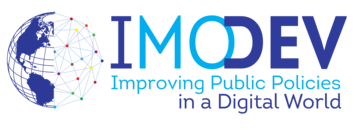Corruption & Open Gov. 2/2
Salle / Hall : FIE - Salle du Théâtre
Horaire / Schedule : 15h05 - 16h25
Président de séance : Daniel Carnio Costa (Magistrat, São Paulo - Brésil)
Langue / Language : Français/Português
Intervention 1. The right of Access to Public Information as a guarantee for the exercise of Human Dignity in order to combat corruption
Gabriela De Freitas D’Avila – Avocate, Instituto do Capitalismo Humanista (Brésil)
The right of free access to information, as an example of a fundamental guarantee of Brazilian Federal Constitution, brings the need to disseminate the access to public information for the entire population, given that it is an essential mean of social inclusion for all citizens. In this perspective of access to public information for all, there shall be a law that reinforces the human right of free and indiscriminate access to public information as a rule, reasuring the very access to administrative records and information about acts of government, implying the participation in public affairs. The transparency through the means of acess to information is the most efficient way to combat corruption, as it is an instrument of effectiveness for the social control to contribute to the human right of solid public administration.
Intervention 2. Controle Social dos Gastos Públicos
Jacqueline dos Santos Anastácio - Faculdades Integradas Padre Albino (Brésil)
Diante de tantos escândalos de corrupção envolvendo desvio de dinheiro público, há necessidade de um eficiente controle não-estatal. A sociedade possui legitimidade para fazer valer mecanismos previstos na Constituição Federal de 1988 de fiscalização dos gastos públicos, bem como para indicar caminhos, propor ideias e participar das decisões políticas. Contudo, de que adianta saber, na teoria, como um cidadão pode controlar os gastos públicos se, na prática, o mesmo não sabe? A cartilha do Controle social dos gastos públicos é uma alternativa para suprir as lacunas do Estado. Ela tem o propósito de informar, de ensinar o adolescente, que está em processo de formação, a ter uma postura racional diante do Estado, fazendo-o entender que o titular da coisa pública é o cidadão comum e não o governante e que todos têm direito a uma administração pública sem corrupção.
Intervention 3. Electronic court auction as anti-fraud tool
Rosane Pereira Santos (psantos.rosane@gmail.com) - Pós-graduada, PUC/SP (Brésil)
The Judiciary Branch as any state apparatus is liable to be the subject of fraud and favor the formation of mafias. The expropriation power of the judiciary allows the compulsory seizure of assets of the debtor and his destination to its public sale in order to satisfy the debt previously recognized for this same judiciary. However, the realization of these public auctions can be riddled to fraud in that these are restricted and accessible to as only a small group of people, regarding the possibility of offering bids, as well as monitor its fairness and legality. To the extent that the auction is carried out through electronic means, specifically the internet, the access to both bids as smoothness control and legality becomes diffuse and totally uncontrollable by alleged mafias that existed in the past. There is no doubt so the efficiency of the auction through electronic means as fraud instrument of judicial expropriation power.
Intervention 4. The impact of the Open government in the fight against corruption in the CEMAC zone
Theophile Mangala - Doctorant, Université Paris 1 Panthéon-Sorbonne (France)
It would be interesting to introduce this matter with a bit of history on the creation of the Open government Partnership. “The OGP was launched in 2011 to provide an international platform for domestic reformers committed to making their governments more open, accountable, and responsive to citizens. Since then, OGP has grown from 8 countries to the 70 participating countries. In all of these countries, government and civil society are working together to develop and implement ambitious open government reforms”
The phenomenal of corruption has such a negative impact on developing countries’ economies, especially those in Africa, that it is a big concern for the ADB and the World Bank. It has been revealed during one of the conferences that Africa loses 148 billion every year due to corruption. This is the reason for the creation by the African Union of the Prevention and the fight against corruption in 11 July 2003. As per the CEMAC zone and the Economic Commission for Africa, a “network of national institutions fighting against corruption has been put in place during a technical meeting held in Libreville, in Gabon. This initiative is meant to put together all efforts in fighting corruption in Africa
This initiative is not by accident since in the 2015 Edition of Doing Business, the World Bank published that “the sixteen worst countries in term of doing business were in Africa and a quarter of the sixteen countries are sub-Saharan, the Republic of Congo, the Democratic Republic of Congo, Angola and Gabon
Corruption being an obstacle the stopping poverty and the ability for the continent to develop, it has become crucial to take measures to reduce its impact on the future of the named countries. In that same mind set, the CEMAC policy, 4th April 2004, in relation to the fight against money laundering and terrorism financing was adopted. According to J. S. E. Ebo’o « The state members regard money laundering, drug trade, corruption, fraud and any other illicit activities as a serious obstacle to the development of their countries ».
In the above fight against corruption, countries could choose other types of strategies in the form of the opening of their public data with the ambition to becoming an Open Government. The changes brought by the numeric revolution offer huge opportunities of changes, especially in adopting transparency as way of governance.
According to judge Frankfuurter «the aim of transparency was not only to ensure the integrity of the electoral process. The philosophy behind it is mostly to promote an active responsibility, alert of individual – citizen of democracy to make sure that governing bodies act accordingly »
With that view, many countries in the world joined the Open Government Partnership in response to their population’s aspirations to more transparent and participative governments » With the Exception of Ivory Coast which joined the OGP in 2014, many French speaking countries, especially those of the CEMAC are reluctant to join the partnership. Those countries will have to gather membership criteria of free access to public data, disclosure of income and assets of people in power, participation and commitment of citizens in public affairs, which criteria sound very challenging However, following Ivory coast path, a good number of other African countries also joined the partnership : Ghana, Kenya, Liberia, Malawi, Nigeria, Sierra Leone, South Africa, Tanzania, Tunisia.
Acccording to W. Gilles: the opening of public data is at the heart of the democracy requirements as promoted by the partnership. Whether be budgetary transparency or access to public data, the aim is always to make data available in the name of democracy”
Although joining the partnership only the 2nd May 2014, France is the current president of the partnership, taking advantage of its historical ties with French speaking countries, it could use the next Francophony summit as a precious opportunity to encourage many sub-Saharan countries to join the partnership, as France has at heart the improvement of democracy and governance in Africa.



